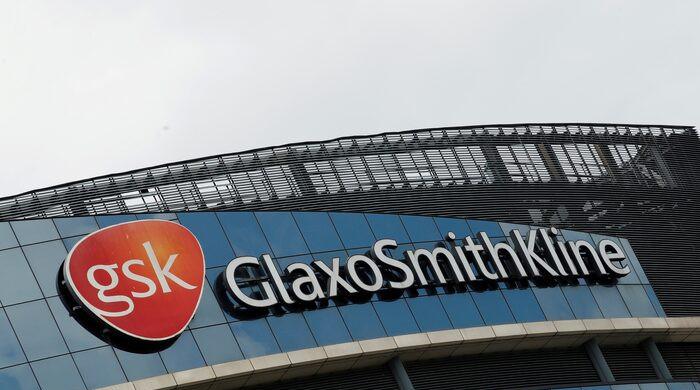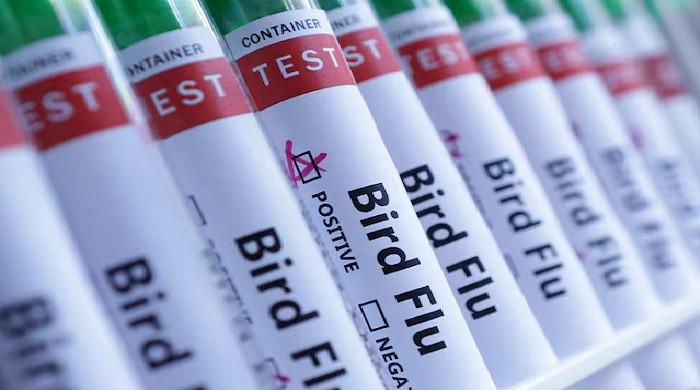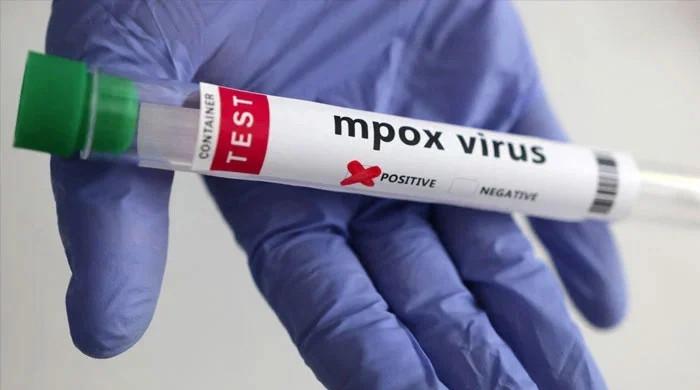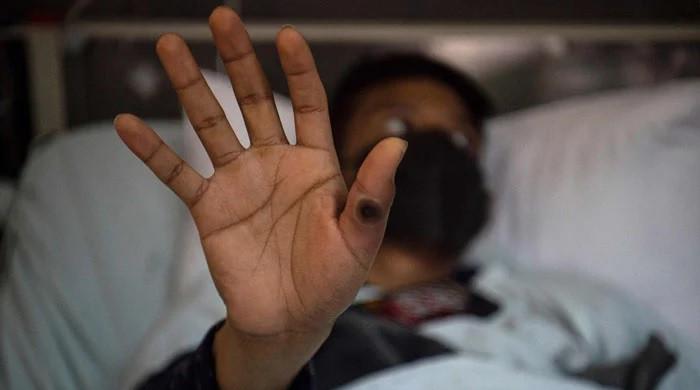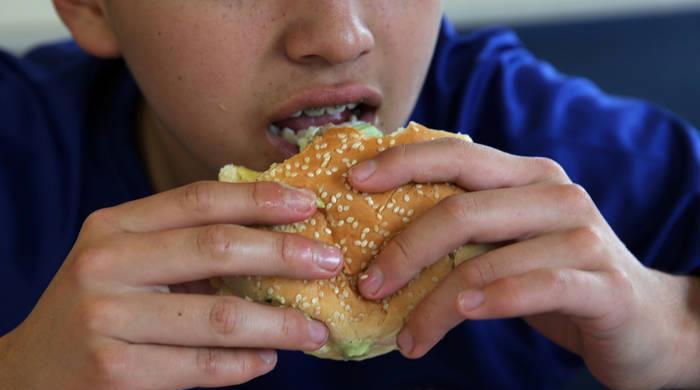Pakistan’s COVID-19 positivity rate drops to 2.5%
Pakistan reports 421 fresh COVID-19 cases during the past 24 hours
August 09, 2022
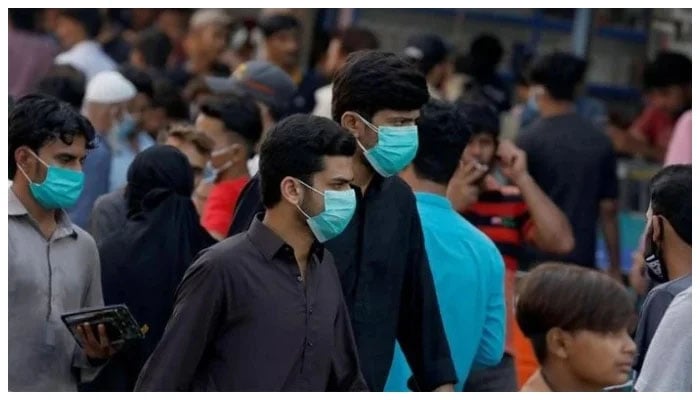
- Pakistan reports 421 infections when 16,648 tests were conducted during the last 24 hours.
- No death was reported from the virus in the county during the same period.
- Pakistan's COVID-19 positivity ratio stands at 2.53%.
KARACHI: Pakistan's coronavirus positivity rate dropped to 2.53% as the country reported 421 fresh cases of the pathogen during the past 24 hours, data from the National Institute of Health (NIH) showed Tuesday morning.
According to the latest statistics issued by the NIH, the country reported 421 infections when 16,648 tests were conducted overnight, taking the country's total coronavirus case count to 1,560,250.
In addition to this, no death was reported from the virus in the county during the same period.
According to NIH stats, 159 COVID-19 patients are being treated in the Intensive Care Unit (ICU) at different medical facilities across the country.
What are the SOPs for Muharram?
NIH has restricted the elderly and children from attending the gatherings and majalis during Ashura in a COVID-safe manner, as the risk of another outbreak looms with an uptick of the virus across Pakistan.
Following are the guidelines for holding gatherings and processions
- COVID-19 Standard Operating Procedures i.e mask-wearing, social distancing and use of sanitisers/ hand washing should be adhered to
- Organising committees should make arrangements for all SOPs
- Zakirs and participants should be vaccinated against COVID-19
- Venue for conduct of Majalis should be open and spacious with proper
- ventilation arrangements
- Wearing of masks and maintenance of social distancing is mandatory during majalis and Processions. Availability of masks and sanitisers/ hand washes
- Controlled participation according to capacity of venues and avoidance of overcrowding
- Duration of majalis and processions should be curtailed
- Majalis where SOPs cannot be effectively implemented such as
- homes and private gatherings should be discouraged
- Elderly above 65 years, children and co-morbid may be sensitized to
- attend Majalis at home through live streaming
- Proper arrangements for cleaning venues with chlorine before and after the events
- Display of COVID-19 SOPs and precautions at prominent places
- SOPs compliance by employing volunteer scouts
Miscellaneous aspects
- Arrangements for food and drinks in spacious and ventilated place.
- Emphasis on use of disposable utensils; preference on pre-packaged boxes for distribution of food.
- Avoiding overcrowding at food distribution points/locations.
- No handshake and embracing.
Areas of focus
- Some of the aspects meriting necessary actions at the federal and federating units level, include following:
- Messaging by religious clerics for uniform implementation of SOPs /guidelines proposed by NCOC.
- Strict enforcement of SOPs by civil administration.




